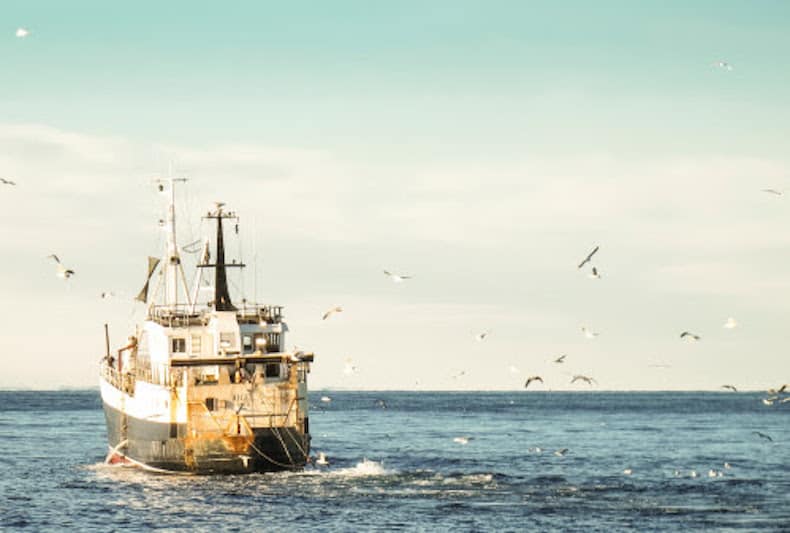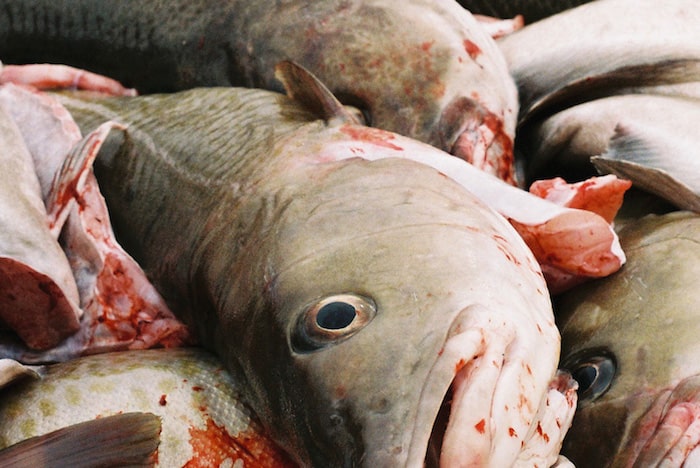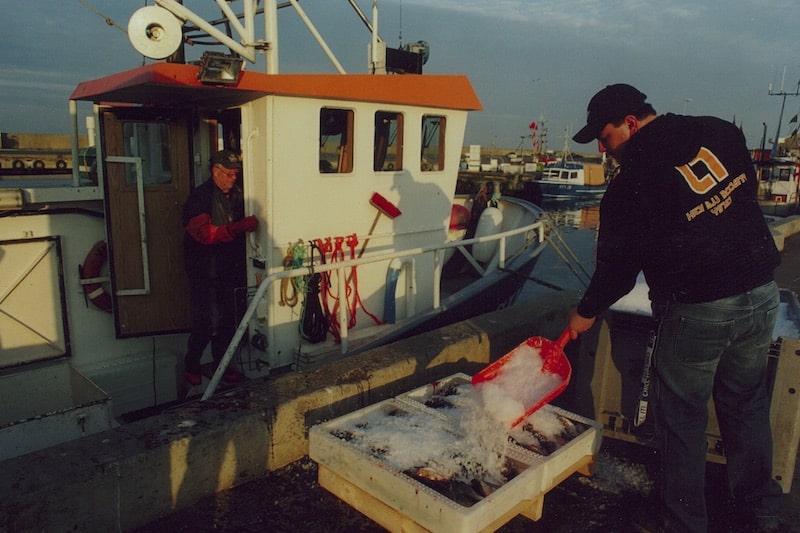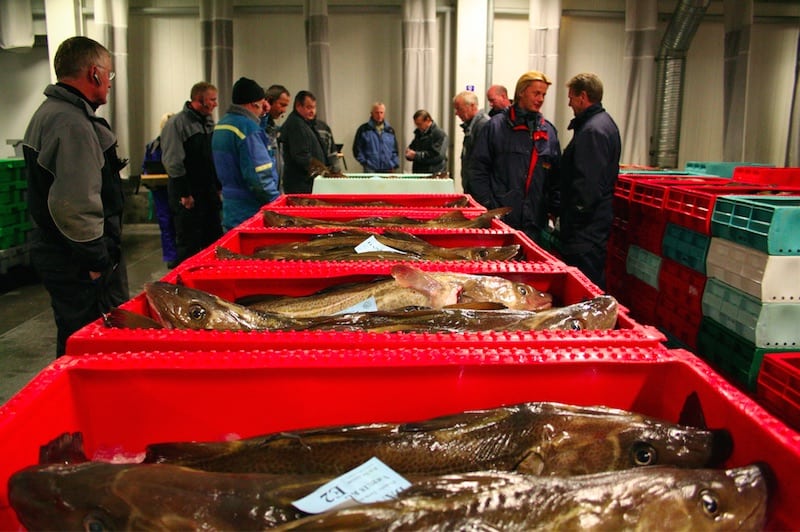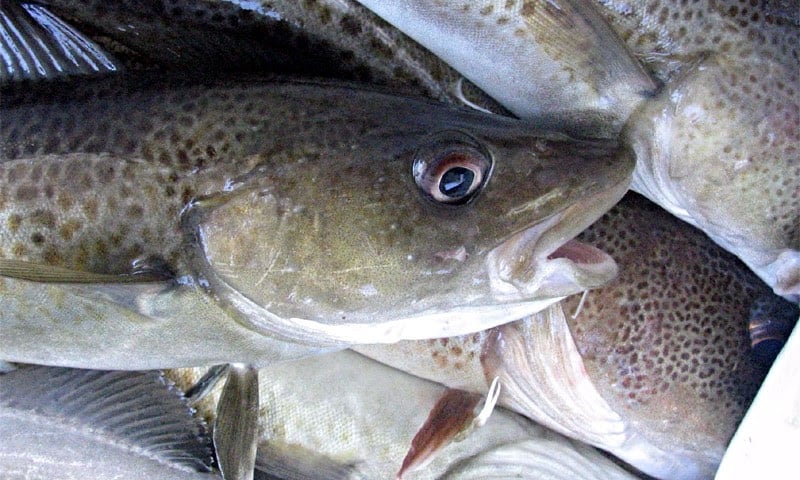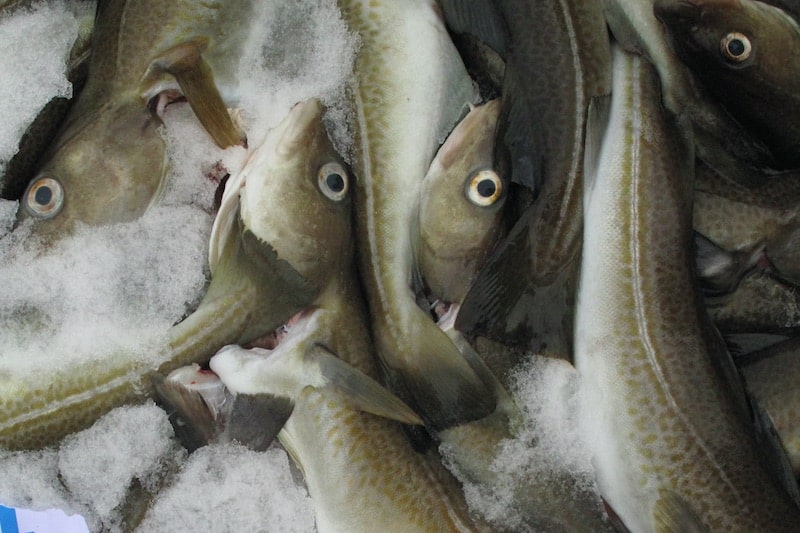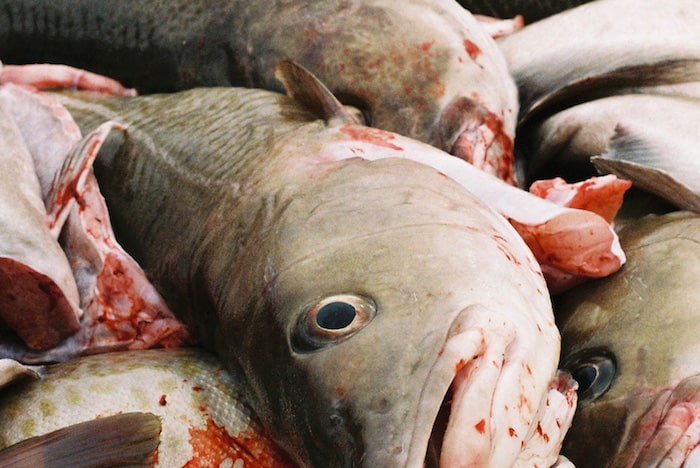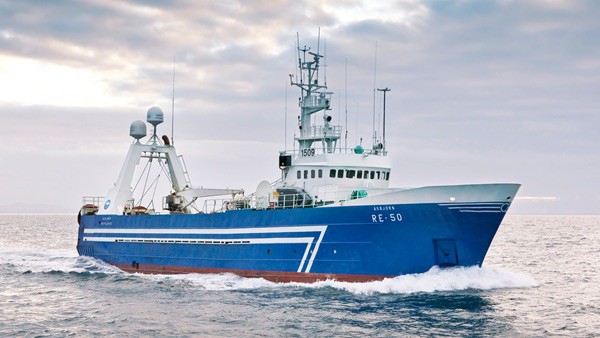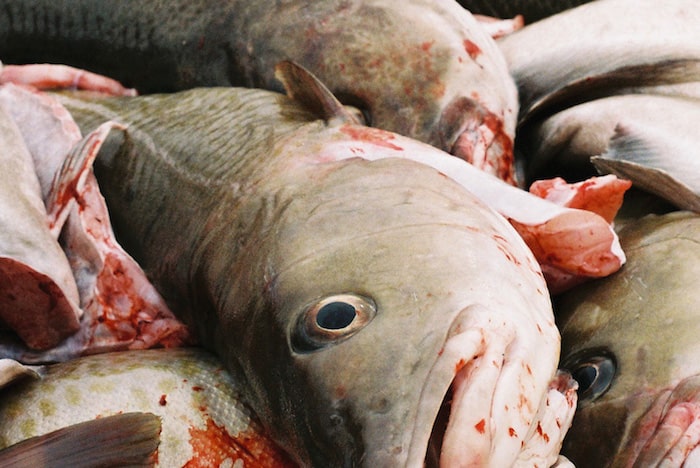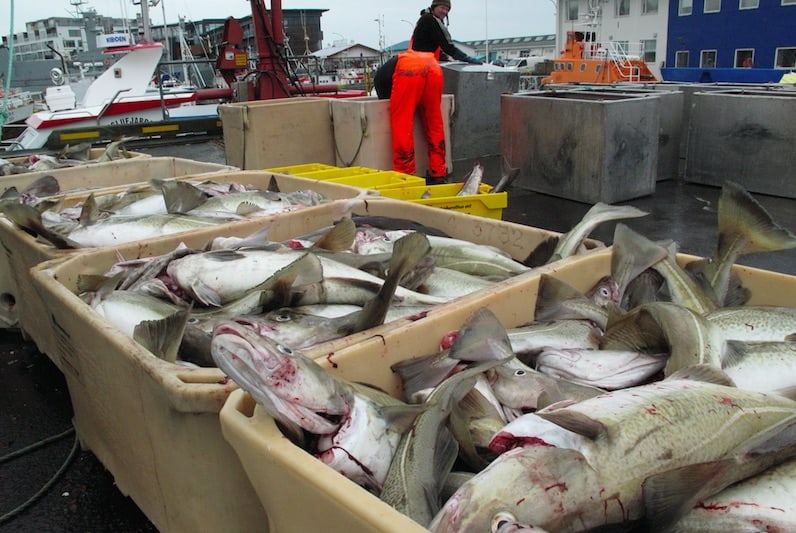Sweden to introduce individual demersal quotas
The Swedish Agency for Marine and Water Management (SwAM) is in the process of developing a new system of allocating quotas that is planned to be in place from the 1st of January next year. Now out for consultation, responses must be submitted to the agency by 18th November.

